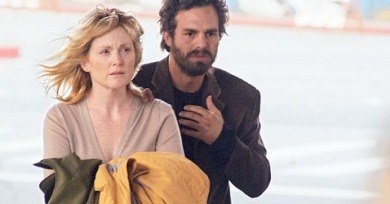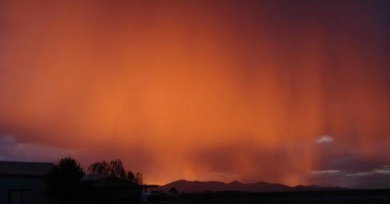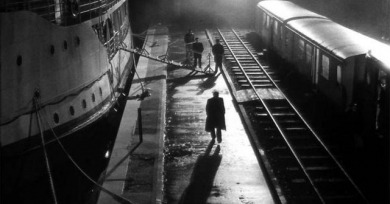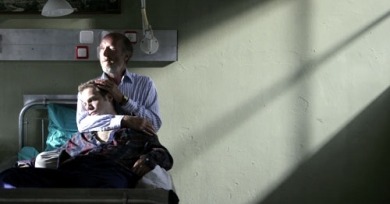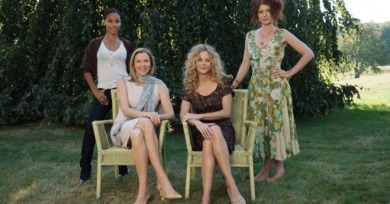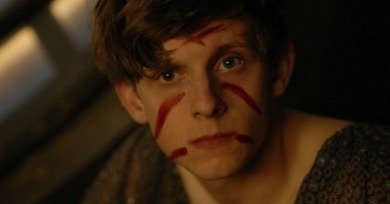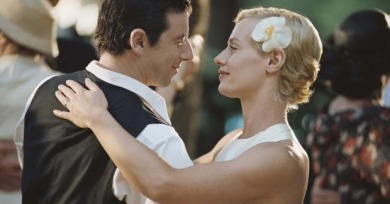Reviews
Amazing Truth is a quasifictional film that employs traditional documentary technique to tell the story of Raquela Rios, a Filipino trans woman who dreams of leaving her limited existence as a part-time streetwalker in Cebu City and starting a new life in Paris.
The film plays minute to minute like a Sam Fuller-esque two-fister, but those minutes add up, incongruously, to one hell of a ponderous super-sized epic, overflowing with unnecessary subplots and punched up to inglorious heights of excess.
Rachel Getting Married is a work of enormous self-promotion in more ways that just this however. Shot with the kind of camerawork that immediately announces itself as somehow inherently more “real” by virtue of its being handheld.
Maybe sometime in the next decade, the Iraq War will get its Platoon or its Full Metal Jacket, but for now, we’ll have to keep waiting for a memorably incisive, dramatically successful cinematic treatment—at least, from a fiction film.
Perhaps a decent film couldn’t have been made from Jose Saramago’s Blindness. Like any great work of art, Saramago’s novel resists transference.
Silent Light is something unique, if not before unseen, and it should be recognized for what it is, rather than what others wish it to be.
Whereas Hitchcock heightened suspense and audience-character identification by situating hapless, ordinary protagonists within extraordinary situations they seemingly have no control over, the Coens get off on watching their characters purposely enter into grandiose confrontations and violent circumstances
If we could only harness the righteous indignation in and around Hounddog, we could heat our homes for free this winter.
Tarr’s is a heavy, maximalist vision, as ambitiously difficult as it is endlessly generous to the spectator willing to fully enter its embrace.
Udi Aloni's Forgiveness asserts its political ambitions early, with an opening title scroll that tells of a Palestinian village, whose inhabitants were slaughtered by an Israeli militia in 1948.
At one point, Alex drags the others to dinner at an exclusively lesbian restaurant, and I was left wondering, first, if any such places exist in real life (seriously, I don’t think they do), and second, why any of these women were having dinner with each other in the first place.
Basically a hateful litany of bad behavior inelegantly strung together into a moralizing allegory it vapidly posits as quintessentially “American,” Ball’s wretched pageant is precociously vile.




